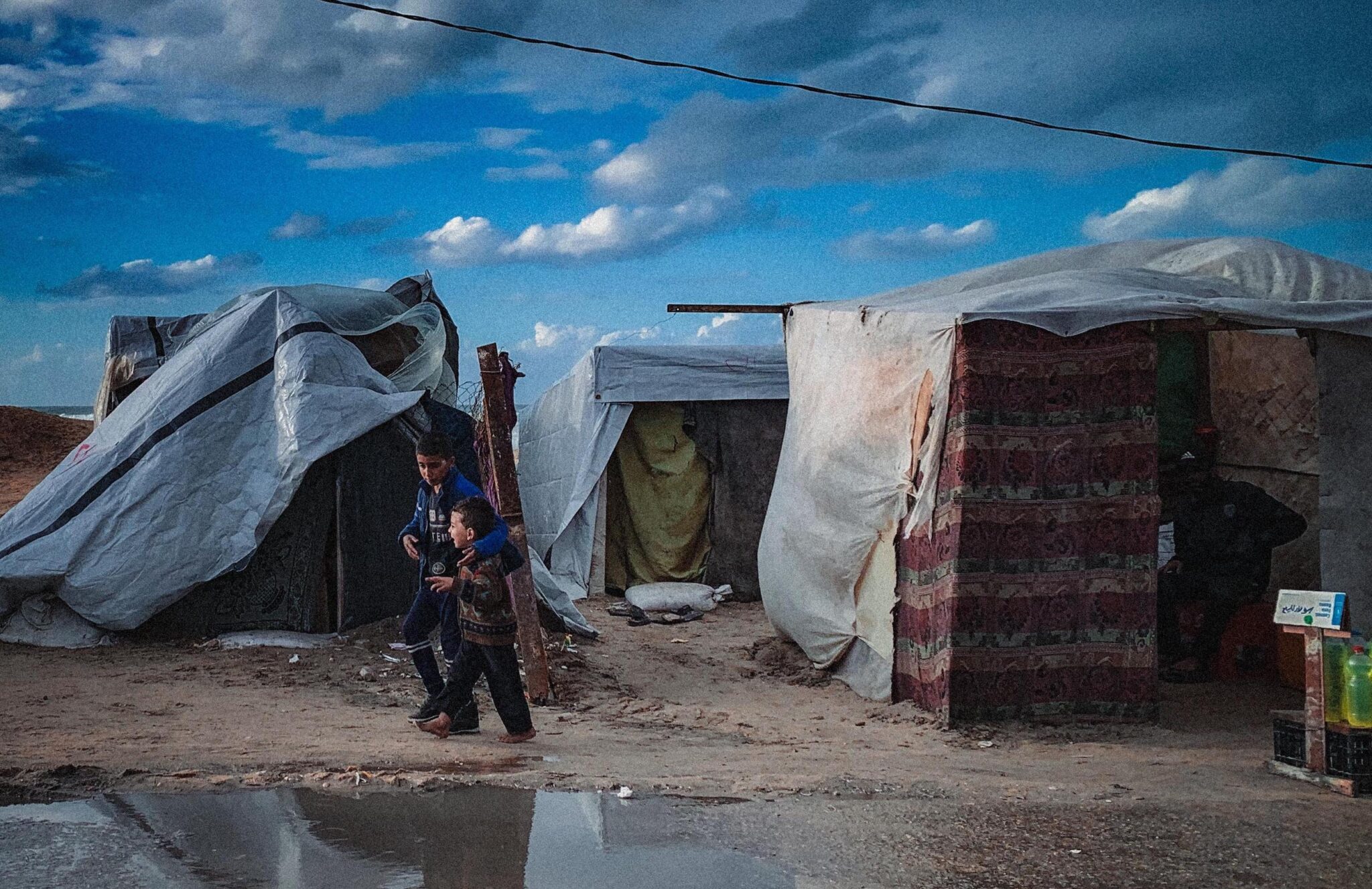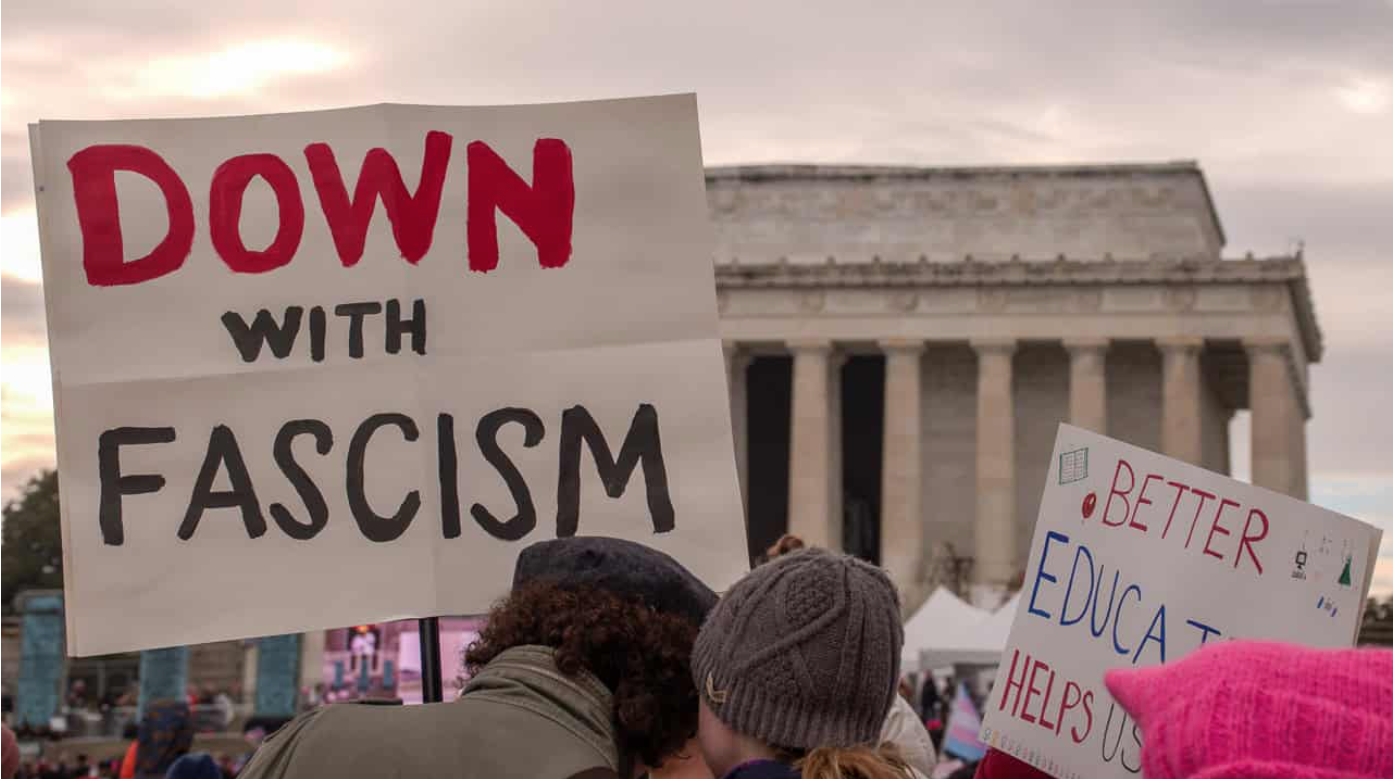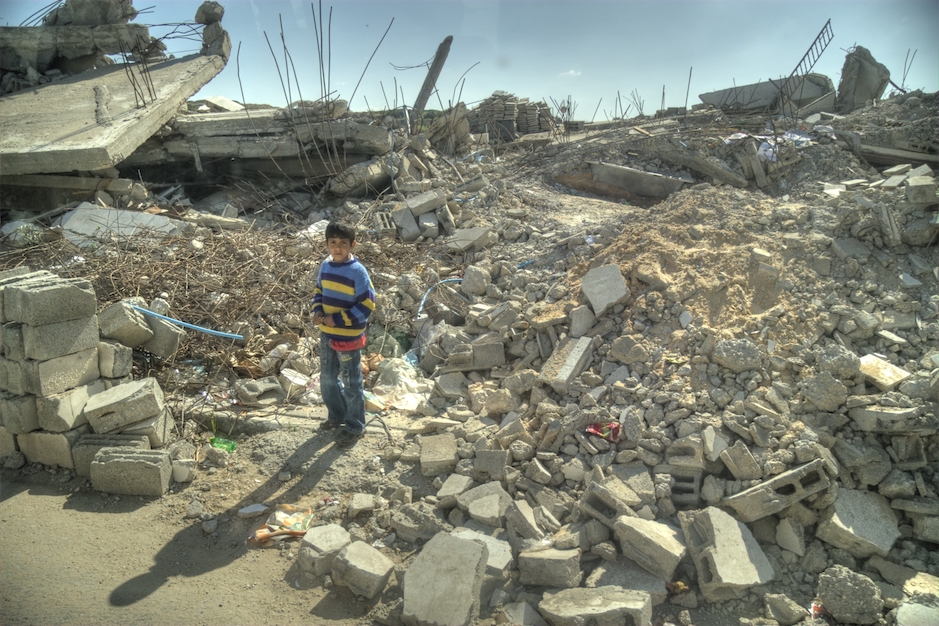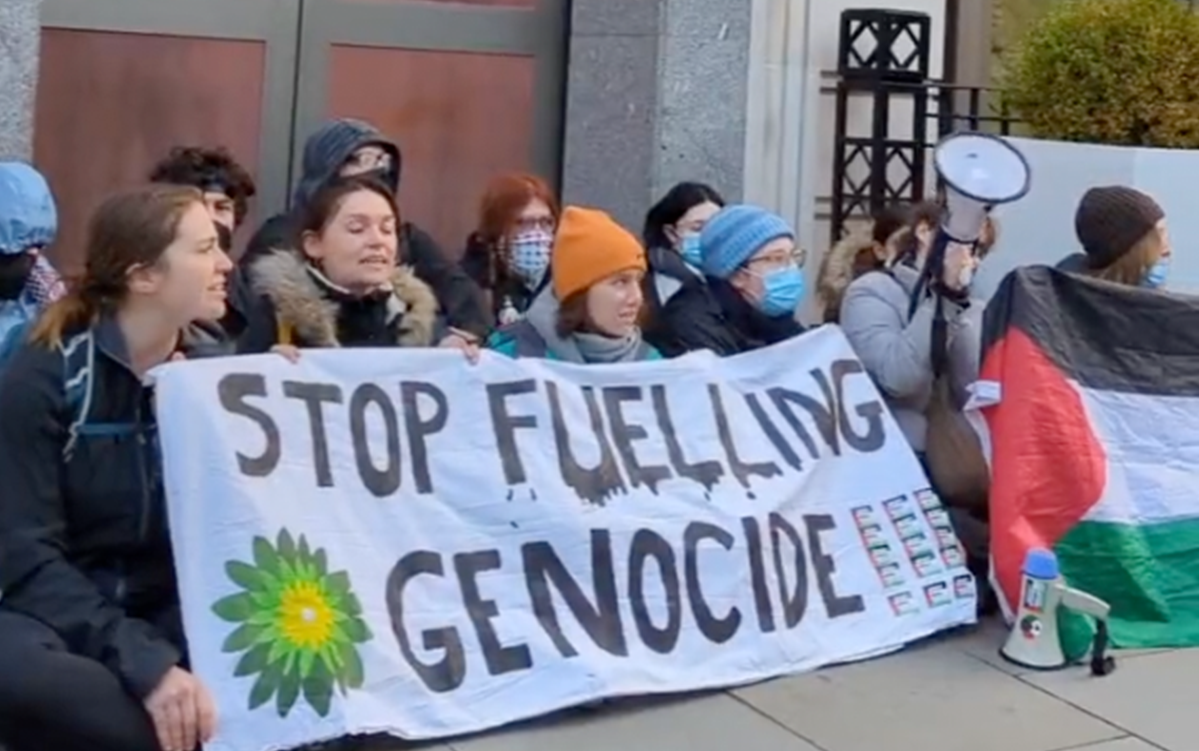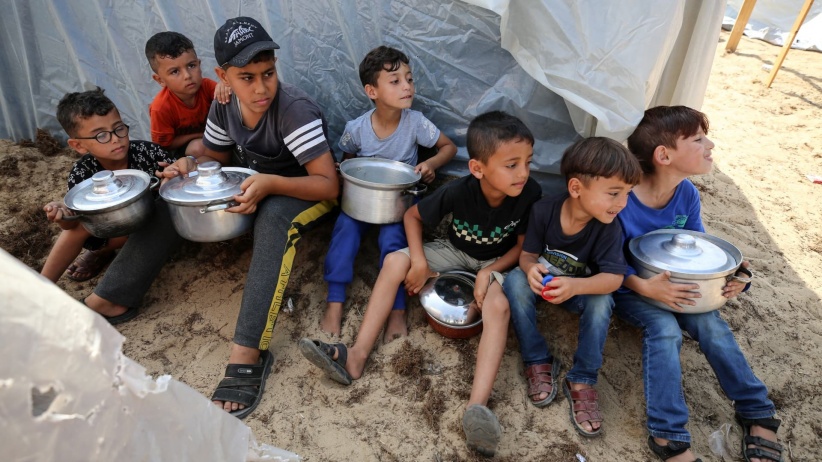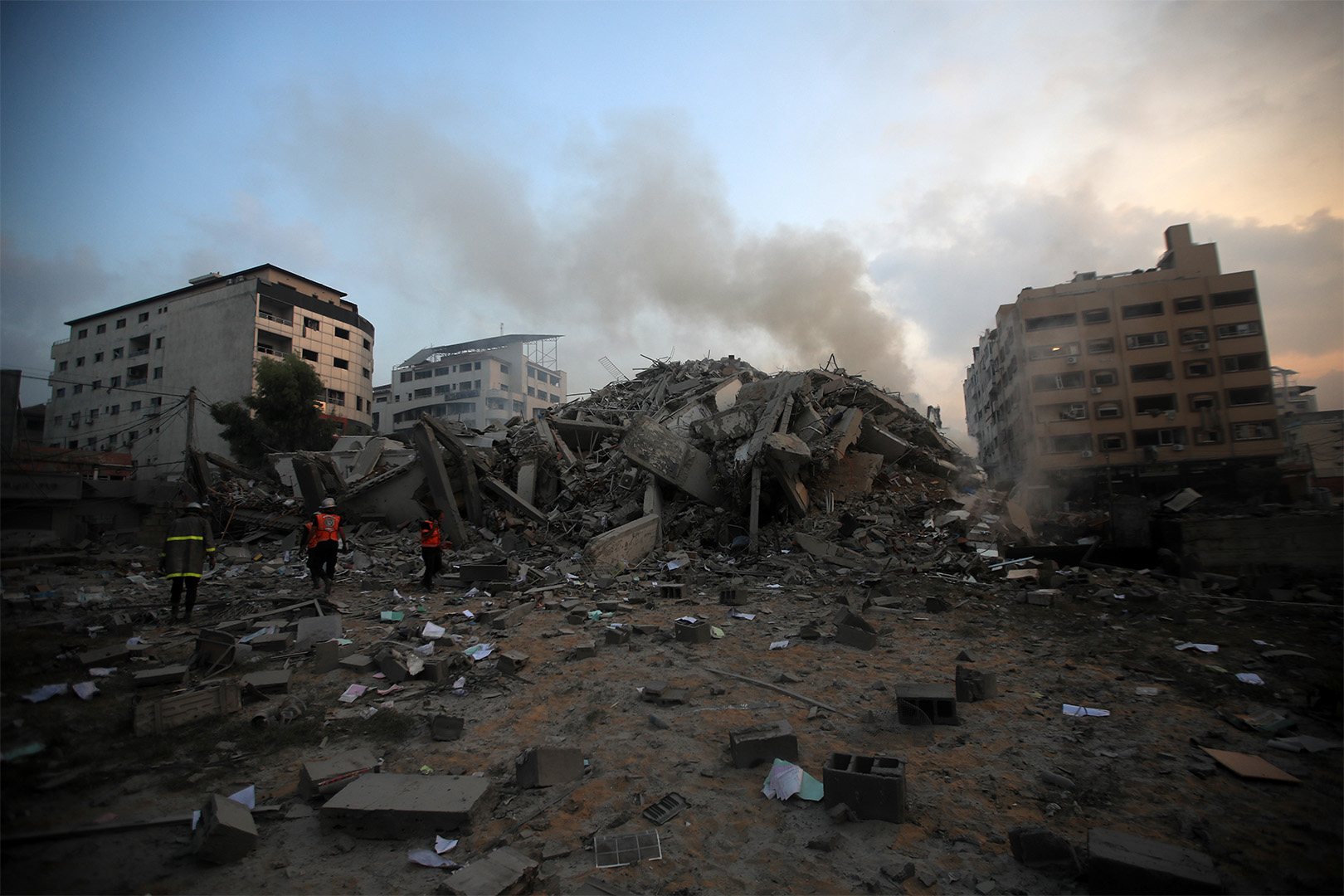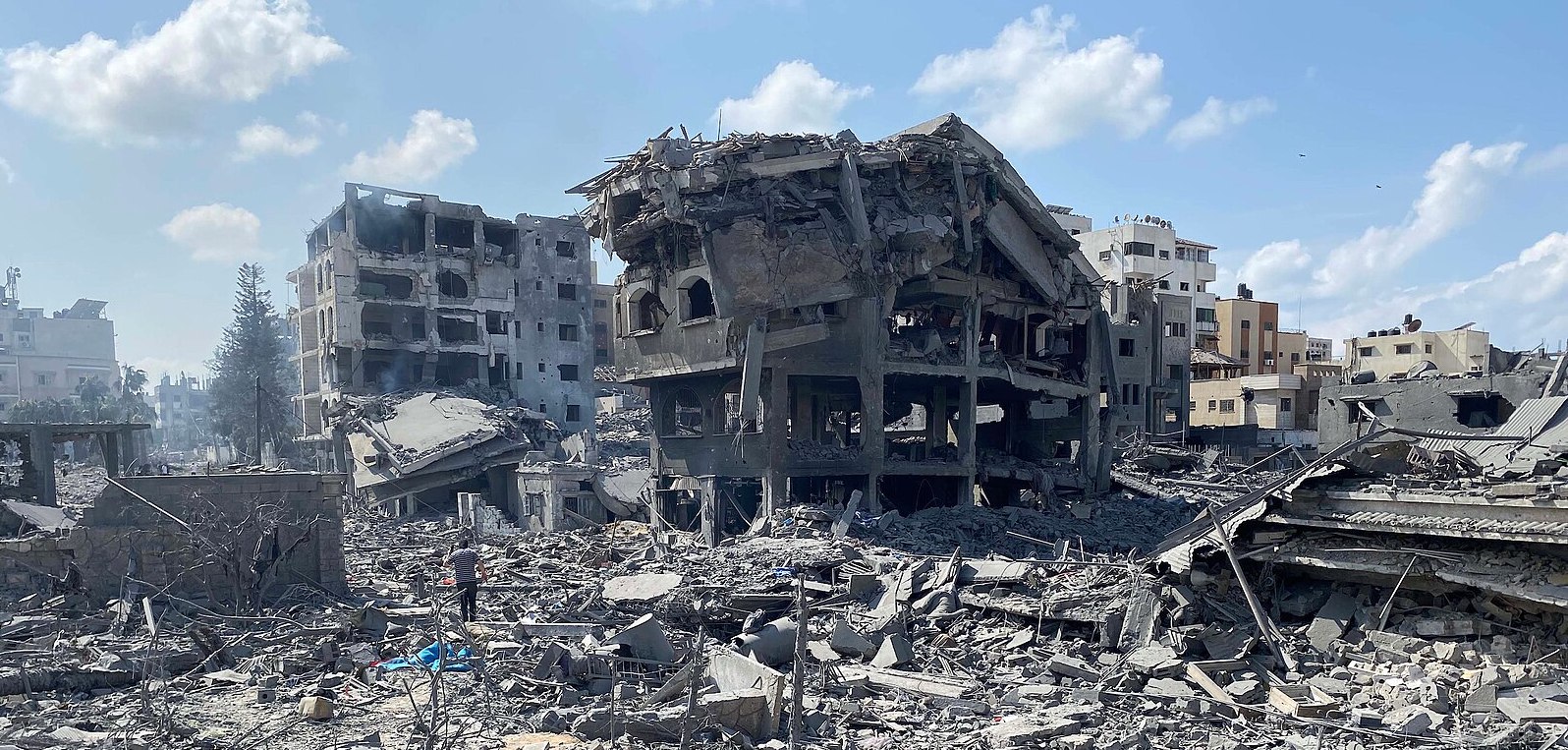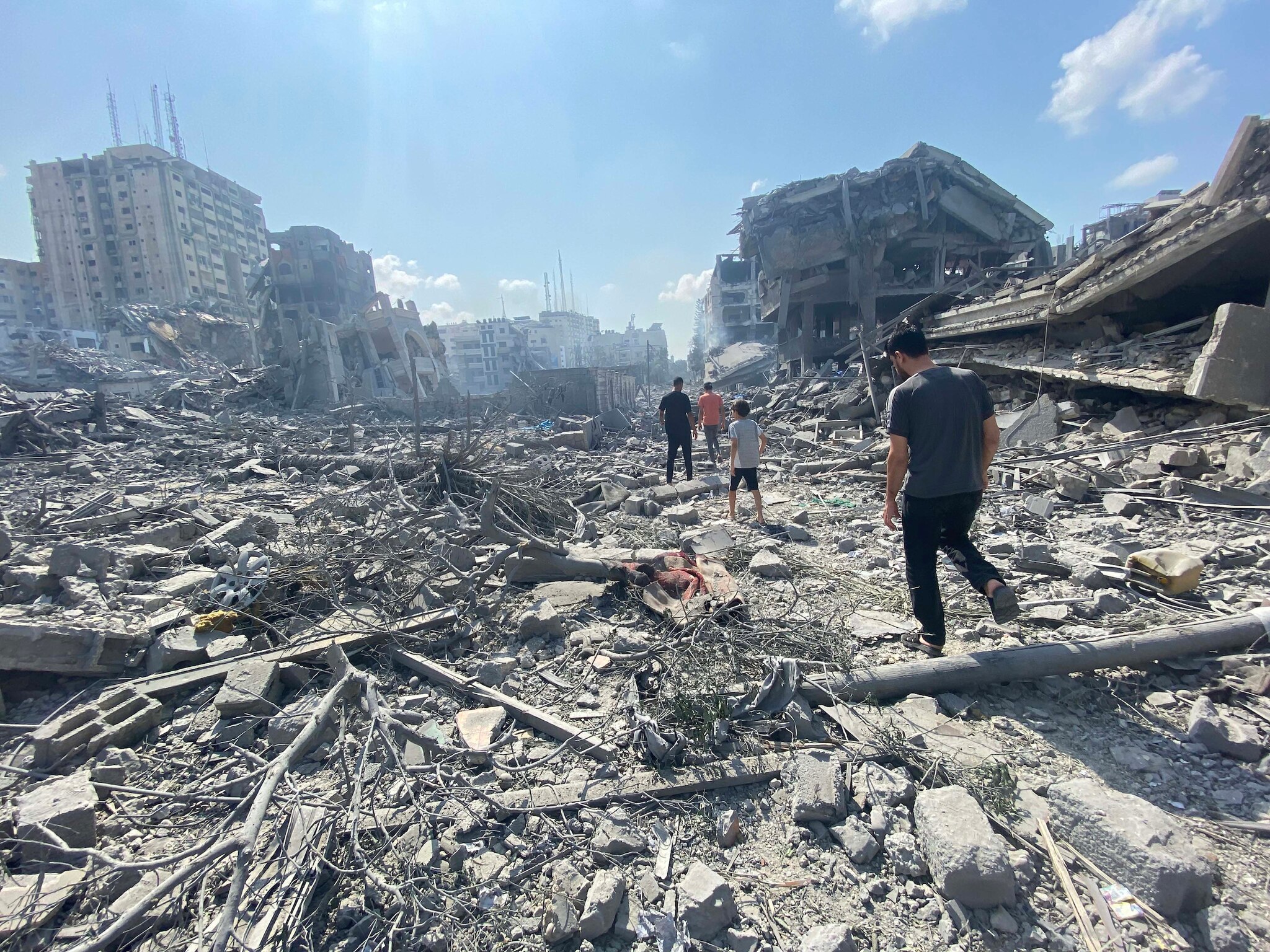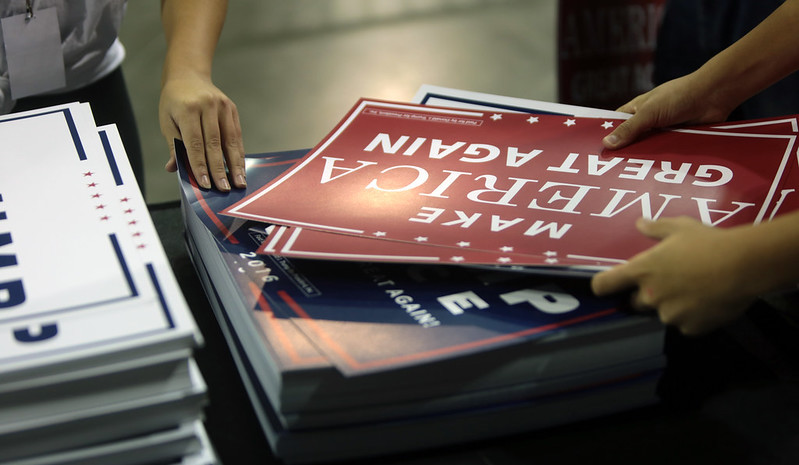
Trump signs order sanctioning ICC
US President Donald Trump signed an executive order sanctioning the International Criminal Court (ICC) for issuing warrants for Israeli Prime Minister Benjamin Netanyahu and former defense minister Yoav Gallant. The order imposes significant sanctions on ICC officials and their immediate families, including the blocking of property and assets and suspension of entry into the United States. The order asserts that the ICC has improperly claimed jurisdiction over the US and Israel, and that the ICC’s actions endanger US personnel and threaten US sovereignty and national security. (Photo: OSeveno/WikiMedia)



